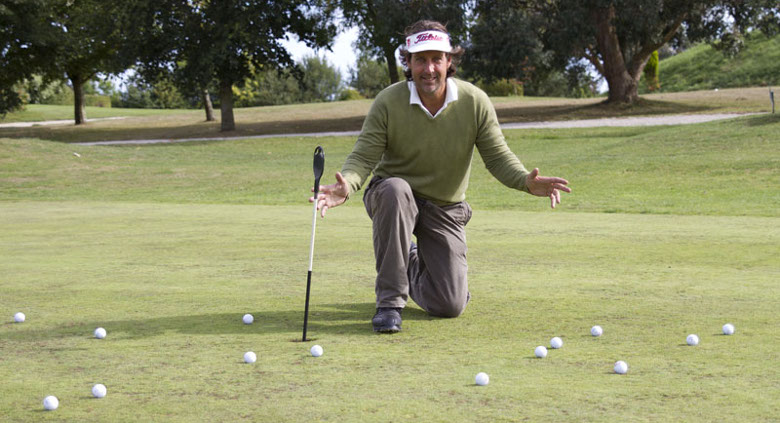Golf Psychology – Top Tips from Golf Mental Coach Jon Adler
As I am classed as a type of Golf Psychologist, a lot of people ask me for the secret to good golf. I usually reply like this.
When you play golf well there is a wonderful feeling of satisfaction that is hard to describe unless you have felt it for yourself. My guess is that you are a golfer, so you know what I am talking about. If you can, cast your mind back to a time when you played really well and had a good round of golf. In my own experience, this is a typical scenario.
Your shots feel powerful yet effortless, your chip shots are purposeful and sharp and your putts roll straight and true to a good length. You are more aware of your swing without trying to control it; in fact there is an absence of control and a freedom of movement that is really enjoyable. You may be more aware of your target, see it better or connect with it better, without really trying to do so. There is very little doubt in your play, in fact you trust yourself more than usual. Poor shots are disregarded. You feel calm and quiet inside. As a golfer and a Golf Mental Coach, I realise that these days are to be appreciated. Any number of Golf Psychology books will tell you that at these times you are in, what is commonly called The Zone.






